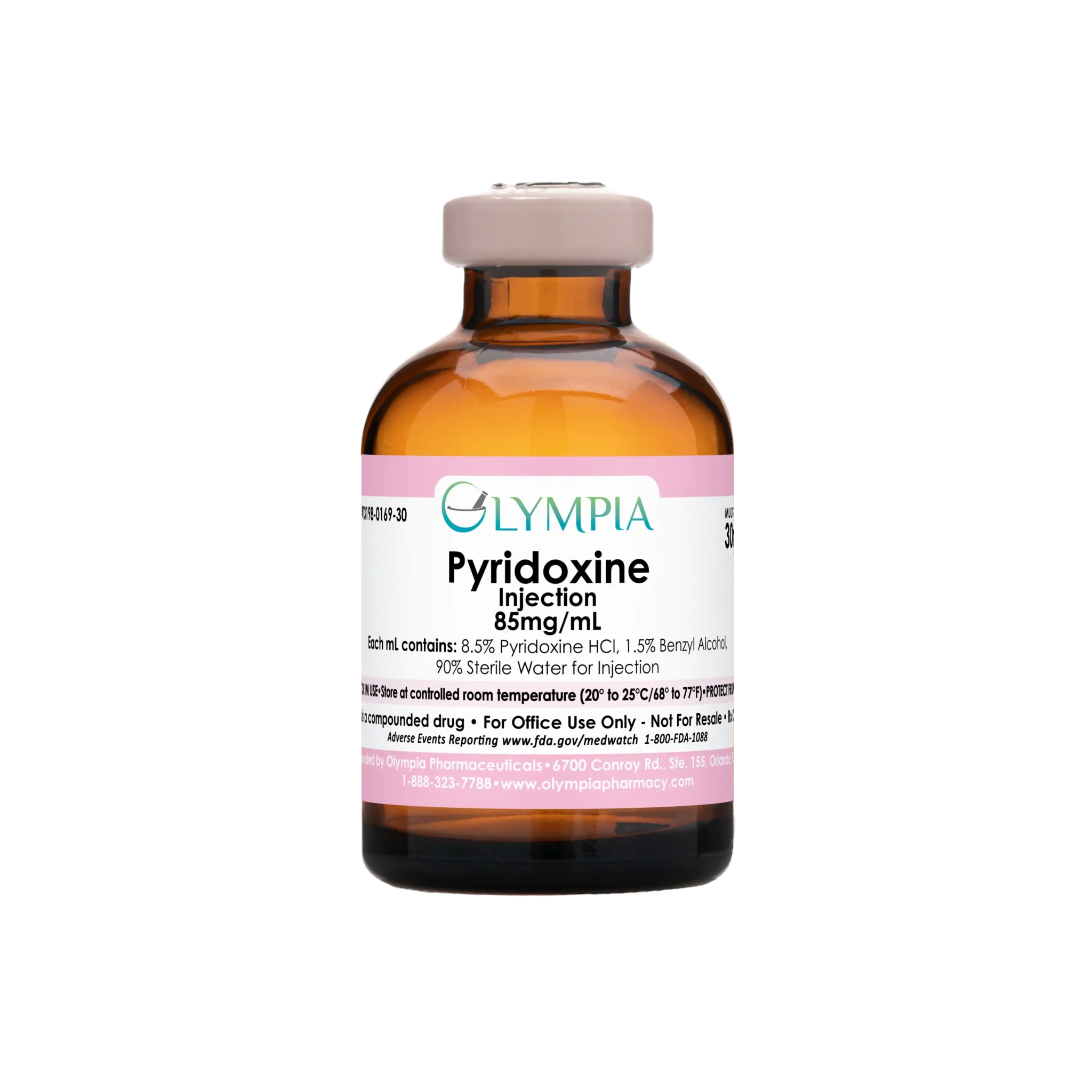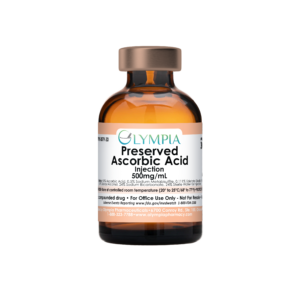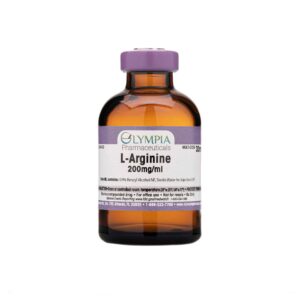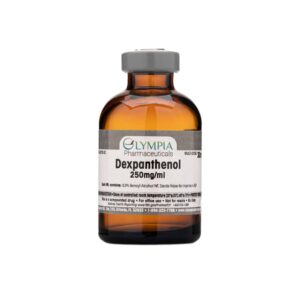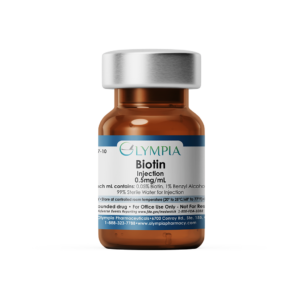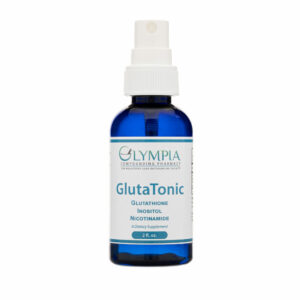Pyridoxine HCl Injection
Pyridoxine hydrochloride, commonly recognized as vitamin B6, is an essential nutrient vital for maintaining our overall health. This crucial vitamin participates in an array of bodily functions, including promoting the health of our nerves, skin, and red blood cells.
Concentration
- 85mg/ml
Pyridoxine (Vitamin B6) Overview
Pyridoxine, more commonly known as vitamin B6, is one of the essential nutrients required for a variety of bodily functions and for maintaining the health of our nerves, skin and red blood cells. The human body can’t produce vitamin B6 naturally, so it needs to be obtained through diet or supplements. Pyridoxine is naturally found in a wide variety of foods, including meat, poultry, bananas, avocados, nuts and whole grains. Most people acquire the necessary amount of vitamin B6 in their normal diet. However, some conditions and medications may cause some people to become deficient.
Once ingested, pyridoxine is converted into its active form, pyridoxal phosphate (PLP), which plays a pivotal role in various metabolic processes, including:
Amino Acid Metabolism: PLP actively participates in the metabolism of amino acids – the building blocks of proteins. It aids not only in their breakdown but also in the construction of new proteins.
Neurotransmitter Synthesis: Neurotransmitters, chemicals vital for brain function and mental health, rely on PLP for their synthesis. Vitamin B6 is involved in the production of serotonin, dopamine and GABA – crucial neurotransmitters that regulate mood, sleep, and other functions.
Hemoglobin Production: Hemoglobin, the oxygen-carrying protein in our red blood cells, needs vitamin B6 for its production. This function is critical for delivering oxygen throughout the body.
Anti-inflammatory and Immune Function: Vitamin B6 is known to aid in reducing inflammation and boosting the immune system. It facilitates the production of lymphocytes, a type of white blood cell involved in immune responses.
What Is Pyridoxine Prescribed For?
While a healthy, varied diet usually supplies enough vitamin B6 for most people, certain circumstances may necessitate supplementation. People with health conditions like kidney disease, autoimmune disorders or malabsorption syndromes, which can impede vitamin B6 absorption, may need supplemental B6.
Certain medications, including specific antiepileptics and tuberculosis drugs, can interfere with vitamin B6 metabolism, potentially causing a deficiency. Additionally, the elderly population may have decreased absorption or utilization of dietary vitamin B6, making supplementation a viable option.
Because vitamin B6 plays a key role in the production of hemoglobin, it may be prescribed to help improve certain cases of anemia. Moreover, increased vitamin B6 levels are required during pregnancy and breastfeeding to support the developing baby’s brain and nervous system. Supplemental pyridoxine injections might be advised in these cases.
Pyridoxine Dosage, Concentration, Route of Administration
Dosage: Seek advice from a licensed physician, medical director, or other healthcare provider
Concentration: 85mg/ml
Route of Administration: IV/IM
Resources:
Precautions/Side Effects of Pyridoxine HCl
A number of medications may interact with pyridoxine. This is why it is very important to always bring a list of the current medications and products you are using when speaking with your physician. Pyroxidine is known to reduce the effectiveness of altretamine, especially when combined with cisplatin.
Other known interactions include barbiturates, fosphenytoin (Cerebyx, Sesquient), phenytoin (Dilantin, Phenytek), and Levodopa. Taking any of these medications in combination with vitamin B6 may decrease their effectiveness. When taken in the recommended doses, pyridoxine usually has no side effects. When taken in a large dose and for a long period of time, some side effects may occur.
Call your doctor if you experience any of the following symptoms:
- – Headache
- – Nausea
- – Drowsiness
- – Numbness
- – Tingling in the arms and/or legs
Seek immediate medical attention if you experience any of the following:
- – Rash
- – Itching
- – Swelling
- – Severe dizziness
- – Trouble breathing
Storage
Store at controlled room temperature. Protect from light.
